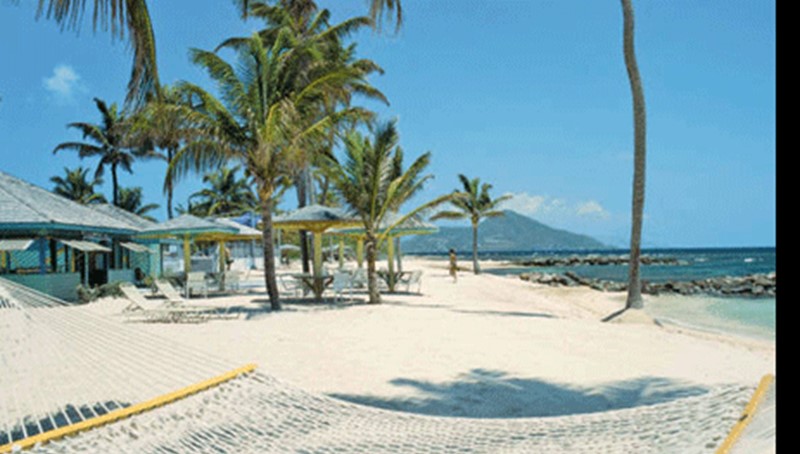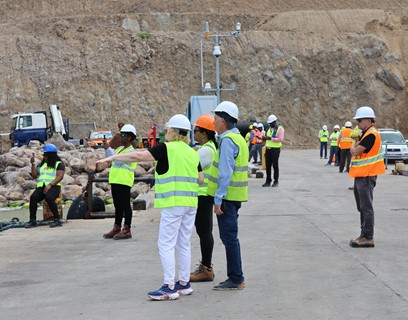
The British Overseas Territory of Bermuda is considered to be one of the Caribbean's tax havens. Bermuda, like Montserrat, made a presentation at the United Nations' Pacific Regional Seminar on the implementation of the Third International Decade for the Eradication of Colonialism in Quito, Ecuador. However, the speech presented by Bermuda's Attorney General, Kim Wilson, stood short of requesting removal from the decolonization list; a move that stands parallel to the request made by Montserrat's Premier, Reuben T Meade.
See below the presentation made by Senator Wilson in Quito, as published in the Bermuda Gazette:
"Under the former United Bermuda Party Government, the public voted against Independence at a referendum in 1995.
Sen Wilson said: We have sought to learn the lessons of Bermuda's 1995 defeated referendum on Independence under a previous government.
It taught us first and foremost that preparation of the people, and indeed the people themselves, are not to be taken for granted nor is such a nationally consequential decision to be left up to electoral chance in spite of the electorate's signalled aversion.
It will have to be a concerted effort with hands on participation by the masses in the process itself and their strongly signalled endorsement of the cause of independence bolstered by their convictions as to the brighter future it will bring.
This is indeed the challenge that the Government of the day is cognisant of and intent upon pursuing.
Sen Wilson also noted that while many Bermudians aspire to the PLP's long-standing goal of national sovereignty, others are concerned they have much to lose from breaking ties with the UK.
She said Bermudians' rights as full citizens of the UK, granted in 2002, must be considered a factor in the Independence debate.
Today, no holes are barred to Bermudians who wish to fully participate in British society, she said.
As such, it now has to be taken into consideration that a move towards independence would confront the people of Bermuda with the issue of relinquishing or retaining their newly acquired British citizenship.
Viewed from a compelling vantage point, we are indeed stragglers in the great decolonisation movement ushered in after the Second World War and generally culminating around the decade of the 1960s.
We have been spared both the turbulence and upheaval that that process entailed for many societies, as much as we are now denied the inertia of its momentous zeal.
As an Overseas Territory, she said, Bermuda no longer carries the stigma and restrictions of a colony.
We have been afforded the benefit of a time-tested Constitution which provides for a semi-autonomous internal government, she said.
We boast an enviable economy, world class infrastructure and a stable government that is periodically elected.
In short, our circumstances present the people of Bermuda with having to grapple with a status quo suggesting that we have much to lose depending upon the choices we make, as we are equally challenged to formulate a compelling vision of what is to be gained by standing on our own.
And yet while the dream of Independence persists if temporarily deferred, our Government's present cue from our people is that this pursuit is not a current top priority.
However, like all self-respecting peoples Bermudians aspire to national sovereignty as an integral part of our destiny beyond our present circumstances.
Finally, we are appreciative of the work of the UN in supporting us toward our unwavering aspiration.
We look forward to one day ultimately sitting at the table with the other nations of the world as a confident, economically prosperous, politically stable, still beautiful and independent Bermuda.


